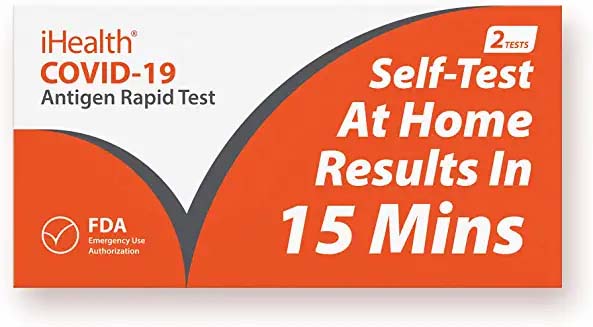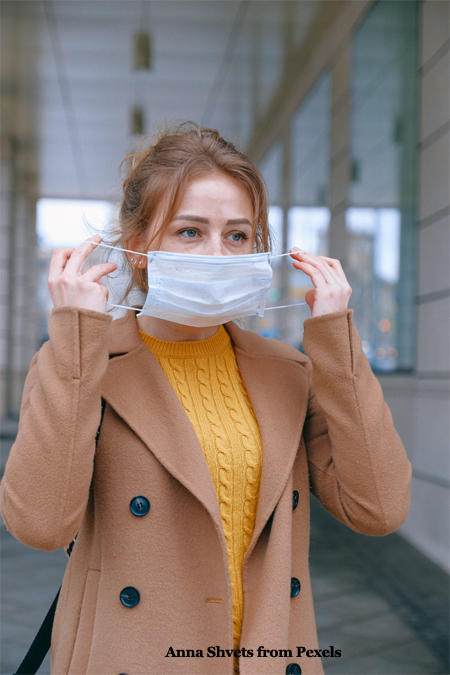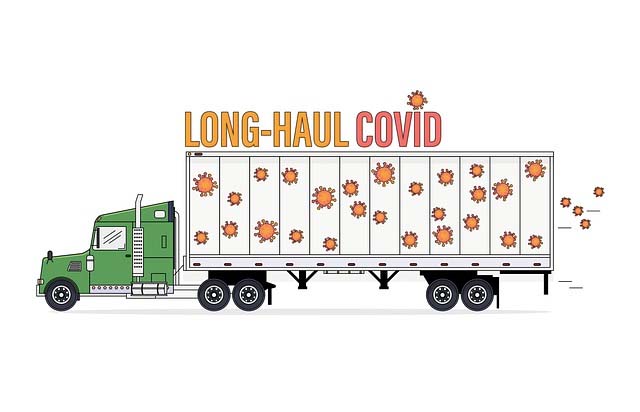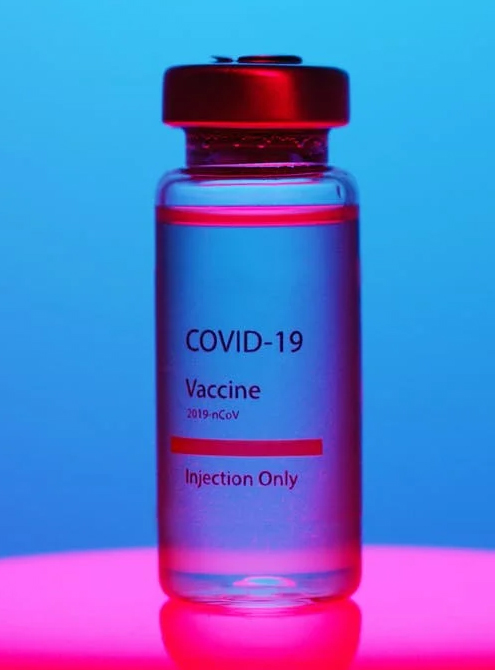COVID GOING FORWARD
What to do about COVID going forward is a looming health issue today (as of April 2023). Almost everyone in the U.S. has had COVID-19, though some may not have known it.
We are told the original vaccines can still provide some protection from severe illness, but boosters will continue to be needed in much the same way boosters can protect from serious infections of the flu. Thus this virus is evolving to behave very much like other viruses that repeatedly infect people throughout their lifetimes.
Those who believed a COVID infection would protect them from future encounters with the virus have been proved wrong. Reinfection can and will occur as new variants emerge, and we now know that infection is not the best way to get immunity. Scientific evidence has proven that each successive COVID infection increases the risk of developing chronic health issues, such as diabetes, kidney disease, organ failure, and possible mental health problems.
With mask mandates removed and private and public gatherings everywhere, the important question is how do we deal with COVID going forward?
HAVE THE VACCINES FAILED US?
No, the vaccines have not failed us. There are 2 major reasons why vaccines (and boosters) for COVID are necessary and have not failed us.
- COVID vaccines were made to prevent severe infection from a disease, not necessarily to prevent any infection from that disease.
- COVID vaccines (like those for the flu) are made for a specific strain. As the strain changes, updates of the vaccines (boosters) become vital.
A common misperception is that a vaccine can prevent an infection from occurring. This is not true. Although there are some viruses such as hepatitis, if we are vaccinated once, we are protected for the rest of our lives. However, many other viruses, especially respiratory ones such as influenza and COVID, constantly mutate and we may need additional protection against the new strains.
Reinfection is much more likely with unvaccinated people, leaving them open to the specter of chronic health issues each time. It is important to understand that every reinfection gives the virus the opportunity to mutate and form new variants and this can result in more reinfections.
WHAT ARE THE PERSONAL RISK FACTORS FOR COVID REINFECTION?
If an individual is fully vaccinated (primary series booster and bivalent booster) and/or if an individual has had an infection, the chances of reinfection are less likely, though it can happen. Below are the risk factors for COVID reinfection:
- Where a person lives and what the community level of circulating viruses is.
- What the variants are and whether they are going to change and become more effective at infecting people.
- An individual’s exposure outside the home such as working at a busy grocery store or attending large-scale events.
- Older people, younger people, and those who have a chronic disease are more likely to risk reinfection. Unfortunately, it has been shown that there is an association with people who are obese and those who have diabetes in that they not only are at risk of getting the disease but also have more severe illness.
- Getting reinfected can lead to long COVID. The scientific study of long COVID is still ongoing with much more data needed. It is thought that the more times a person gets reinfected, the more likely that person will develop long COVID. The risk of possible complications is greater for lung or heart complications or mental health problems or the possibility of medical conditions that can involve any organ system in the body.
THE PROBLEM WITH THE BIVALENT VACCINE
The bivalent or updated vaccine booster should reduce chances of
getting reinfected and developing long term complications of long COVID. Additionally, with the bivalent vaccine, an individual is less likely to get seriously sick as well as less likely to
end up in the hospital. But the problem here in the U.S. with the bivalent
vaccine booster is that only 11% of the population has gotten it! In the United
Kingdom, that number is 70%.
WHAT CAN WE DO TO PROTECT OURSELVES FROM COVID GOING FORWARD?
Unlike the frantic attempts to wash and sanitize everything in the early days of the pandemic, we actually now know much more about how to protect ourselves. Here is a list…
- Get the bivalent vaccine if you have already had the primary series of vaccines.
- Take extra precautions when going to high-risk events with hundreds or thousands of others. Get a good-fitting Mask (KN95 or N95) to decrease risk of transmission and test yourself and, if possible, the others before going.
- At smaller gatherings, such as weddings, graduations, holidays, etc., test yourself and ask others to get tested, especially if you don’t want to wear masks at such an event.
- Be aware of those who are immunosuppressed. They do not respond as well to the vaccines and They have a higher risk of adverse outcomes if they get infected.
- If you have symptoms, it is very important to test or get re-tested. Not only do we have the threat of COVID-19, but influenza and RSV are also prevalent. There are treatments for the flu and COVID-19, but not RSV. It is difficult to tell the difference between these diseases. A PCR or other lab test is the best way to determine how long to isolate yourself and protect others.
THE PANDEMIC IS NOT OVER!
Though we have vaccines, boosters, testing, and treatments now, the unfortunate statistics of ongoing community rates throughout the U.S. (as of April 2023) means we cannot forget about the last 3 years and just move on.
We have a much better understanding of COVID today and we no longer have the restrictions and loss of freedom we once had. It is essential to the health and safety of our country to pay attention to the ever-growing database of scientific knowledge that we have access to and continue to be aware that we must protect ourselves and our families and friends in every way we know to stay healthy and safe.
"The Cleanest Clean You've Ever Seen."
by
ABC Oriental Rug & Carpet Cleaning Co.
130 Cecil Malone Drive Ithaca, NY 14850
607-272-1566








